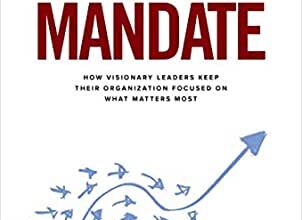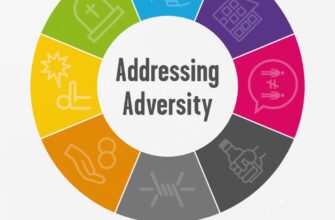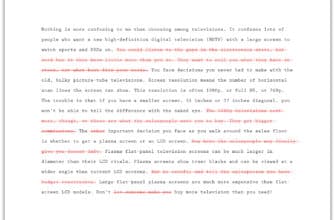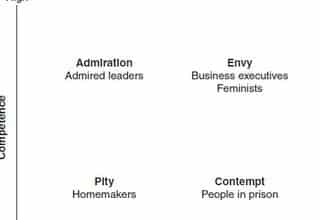Did I ever mention that I have a first year education in law? While I didn’t attend classes, I was a willing (and sometimes not-so-willing) study partner for my wife when she was in law school. One lesson that stands out is the idea that ignorance is not a defense. But if that’s the case, why do we use it so often?
Ignorance is one of the most overused excuses in leadership. I’m not referring to the innocent “I don’t know.” No, when I complain out ignorant people my frustration is squarely placed upon those who are purposefully ignorant—those who know something is wrong and deliberately avoid getting involved, digging into the details, having the difficult conversations, and taking an active role to find a solution. So I was especially dismayed after reading some research into motivated ignorance.
A recent study published in the Journal of Experimental and Social Psychology found that people avoid facts that are counter to their belief. In the experiment, participants were presented with two options: They could read an article with which they agreed (topics included same-sex marriage, climate change, guns, and abortion) or read an opposing opinion. If they chose the like-minded article, they could earn $7; but if they selected the opposing article, they had could earn $10. While we assume most people would choose the more lucrative option, 63% actually chose to read the article that supported their viewpoint.
Why did two-thirds of the people choose to remain uniformed about the other point of view? Jeremy Frimer, the researcher who led the study, says people “don’t know what’s going on the other side, and they don’t want to know.” He concluded that we avoid “alternative facts” because they are inconvenient and genuinely unpleasant. How unpleasant? When participants rated how interested they were in learning about alternative political viewpoints, they compared it to “having a tooth pulled.” Other options in the assessment were “watching paint dry,” “sitting quietly,” and “going for a walk on a sunny day.”
Are people uninterested in learning about contradictory views because they are already familiar with these views? Research says no. While people may believe they are informed, when their knowledge of the opposing side was tested, the partisans were largely unfamiliar with the facts supporting the other viewpoint. That’s where motivated ignorance takes over.
Motivated ignorance is the avoidance of ideas that contradict our own. Its when we say, “Don’t ask don’t tell” or “I’d rather not know” or “It’s none of my business.” It is when we remain in a bubble of our own beliefs. It is when comfort overrides intellectual curiosity. And it is when fake news becomes more influential than the truth.
Before you get holier-than-thou, blaming your opposing political counterparts, research is clear that motivated ignorance is a nonpartisan issue—both liberals and conservatives show “nearly identical levels of bias across studies.” According to Frimer, “People on the left and right are motivated to avoid hearing from the other side.”
A few reasons why we choose ignorance include:
- The unconscious avoidance of cognitive dissonance, i.e. juggling contradictory beliefs or ideas.
- Our desire to maintain or protect relationships.
- It is easier to remember information that fits our worldviews; we can more quickly recognize information that confirms what we already know and discount what we don’t.
As leaders, motivated ignorance is not an option. We don’t get to bask in willful ignorance. Leaders are accountable for the interworkings of the team, so when we are aware of possible issues, it is our responsibility to investigate and help with the solution. Like the Department of Homeland Security promotes, “If You See Something, Say Something.”








